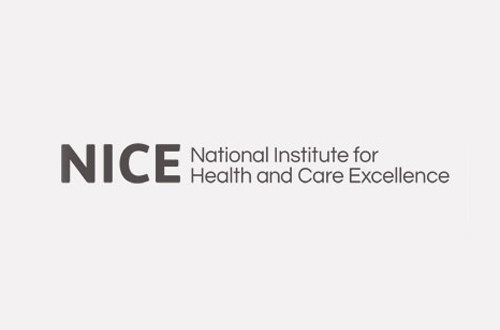
The National Institute for Health and Care Excellence (NICE) has reversed its rejection of Sanofi’s Praluent (alirocumab) after the manufacturer agreed a patient access scheme for the new cholesterol-lowering drug.
The scheme includes an undisclosed discount to the NHS and allows NICE to back Praluent and Amgen’s rival Repatha (evolucumab), which had already agreed a price cut, in new final draft guidance.
Professor Carole Longson, director of the NICE Centre for Health Technology Evaluation, said: “We are very pleased to be able to recommend alirocumab and evolocumab. People with hypercholesterolaemia or mixed dyslipidaemia who have a high risk of a heart attack or stroke despite taking the highest tolerated dose of other cholesterol-lowering drugs, have very few treatment options.
“However, both drugs are relatively expensive, costing over £4,000 per patient per year compared with about £350 for ezetemibe. Therefore the draft guidance recommends alirocumab and evolocumab as a cost effective use of NHS resources only with the discounts agreed with the companies.”
Moreover, the drugs’ recommendation will only cover people with hypercholesterolaemia or mixed dyslipidaemia whose cholesterol is still not under control despite making changes to their lifestyle and taking other cholesterol-lowering drugs.
Raised cholesterol levels continue to represent a major risk factor for cardiovascular disease, with 25% of all deaths in the UK attributed to it.
The two drugs belong to the PCSK9 class of inhibitors, which work to reduce the PCSK9 protein and so increase the availability of receptors for ‘bad’ cholesterol, thereby lowering cholesterol levels in the blood.
NICE’s backing of Praluent is based on the outcome of the Odyssey Long Term clinical trial, which showed that in participants treated with 150mg of alicrocumab every two weeks, ‘bad’ cholesterol was reduced by 61% at week 24 in comparison with an increase of 0.8% in placebo.
Sanofi’s director of its cardiovascular division Dr Tunde Falode, said: “Praluent represents an important innovation in the therapeutic options available to treat people living with raised cholesterol levels.”
Praluent is currently the only PCSK9 inhibitor with dosages available in different strengths – 75mg and 150mg – and so allows healthcare professionals greater flexibility in tailoring patient’s individual treatment plans.
Meanwhile, data on the cardiovascular outcomes of Repatha show that, in combination with statin treatment, a fortnightly injection of evolocumab reduced levels of LDL cholesterol (LDL-C) by 55-75% when compared with statin treatment alone.
Commenting on the pending UK approval of Repatha, Tony Patrikios, executive medical director, Amgen UK and Ireland, said that there is a “clear clinical need for new medicines that can lower LDL-C in patients who have persistently high cholesterol, and who are living with a high risk of future cardiovascular disease”.
The final guidance for the two cholesterol-lowering treatment options will be issued in June and – if both are approved – will be available on the NHS in England by September.




